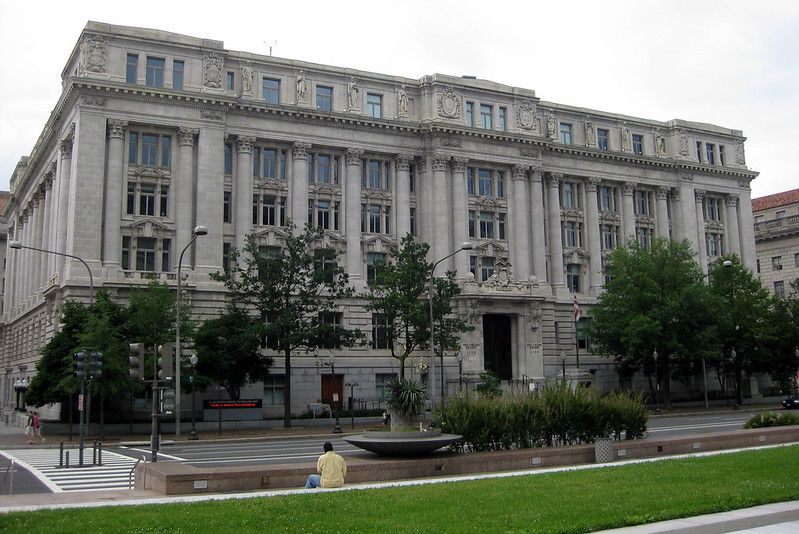It is unsurprising that when the COVID-19 pandemic hit D.C., the people who were already struggling were hit the hardest. For some, sheltering in place, foregoing public interaction, and working from home were mere inconveniences. For others, it was a matter of safety and the ability to survive the economic fallout of the pandemic.
When Mayor Muriel Bowser and the DC Council assess their spending priorities for the American Rescue Plan, those who bore the brunt of the pandemic deserve to be centered. When D.C. began the first stay-at-home order in March 2020, a clear divide was established between those who could remain safe at home and those who either did not have a safe home, were housing insecure, or did not have a home at all. As the pandemic continues, despite superficial moves to re-open, the inability to be safe at home still exists for far too many District residents. Fair Budget Coalition, along with dozens of organizations, signed on to support a vision of a Just Recovery through the American Rescue Plan.
These recommendations focus specifically on communities whose housing safety are most impacted by the pandemic—renters, public housing residents, returning citizens, families and individuals experiencing homelessness, excluded workers, and voucher holders. As businesses shuttered and economic relief was unevenly distributed, renters in D.C. faced months of back rent, as well as back utility payments. Fair Budget Coalition is a member of the Cancel Rent DC Coalition and believes that no one should be pushed out of housing due to economic hardship. While money is allocated through STAY DC, a city rental and assistance program, it is not clear if this funding will be enough or if all residents will have access to these funds.
In addition to families struggling to pay rent, many families are paying rent to stay in subpar public housing units. We continue to call on the mayor and DC Council to support public housing and ensure that families are able to live safely free of vermin, mold, lead, or other toxic materials. When being asked to participate in distance learning, shelter in place, or even work from home, this becomes difficult or impossible when home is not safe.
D.C. should be bold and innovative when using federal funds. Fair Budget Coalition supports an innovative idea championed by Councilmember Brianne Nadeau: the purchase of struggling hotels to convert them into temporary non-congregate shelters with the long-term goal of creating affordable housing. This both meets the immediate need of providing residents relief from unsafe congregate housing or from encampments into safe private shelter, as well as a long-term investment in affordable housing throughout all eight wards.
Families who have been enrolled in the Rapid Rehousing Program have been tenuously housed throughout the pandemic with no reassurances of how long they’ll be able to stay housed. Housing advocates have proposed extending Rapid Rehousing for families and providing permanent housing subsidies to all who are eligible. Right now, 2,900 families are in the program and will face termination unless action is taken to ensure permanent housing.
We fully support the Way Home Campaign’s demand for significant investment to go toward ending family and chronic homelessness. The District should invest at least $120 million to go directly to housing families and individuals using a range of programs including vouchers, targeted affordable housing, permanent supportive housing, and other homeless outreach programs and services.
Lastly, while not specifically an issue of housing, the District must invest at least $200 million for direct cash assistance to support excluded workers, which includes undocumented immigrants, returning citizens, and cash economy workers who did not receive federal stimulus funds. While this does not specifically address housing, we know that housing costs and the ability to live comfortably in a home all rely on having a stable income. For many excluded workers, no relief has been provided or an insufficient amount. These recommendations, along with other recommendations that are included in this letter to the mayor, provide a template of ways that D.C. can prioritize the needs of residents who remain vulnerable to the health, economic, and social consequences of the pandemic. These investments can be used to create opportunities for residents to begin to recover, to live, and thrive in D.C.
Stephanie Sneed is the executive director of DC Fair Budget Coalition.








